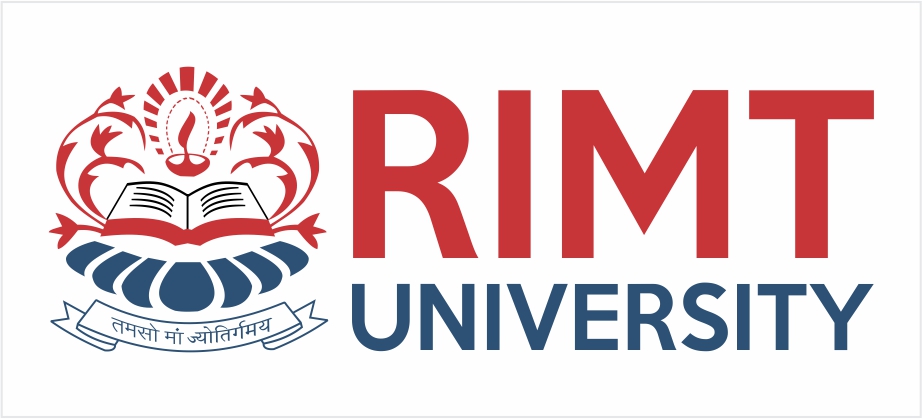About Programme
Post Graduate Diploma in Computer Applications (PGDCA) is designed for graduate students who are interested in computer applications. This course has been made for students who want to learn computer applications in different fields like banking, insurance and accounting. This program allows students to seek professional knowledge in computer applications.
Eligibility & Admission
Pass in Graduation in any stream.
| PROGRAM FEE | AMOUNT |
|---|---|
| Application Fee (One Time) | 1,000/-INR |
| Registration Fee (One Time) | 10,000/-INR |
| Security (One Time – Refundable) | 8,000/-INR |
| Semester Fee | 40,000/-INR |
Scholarship
| Marks in 10+2 | Scholarship Per Semester | Applicable Fee After Scholarship Per Semester |
| 60% – 75% | 10% | 36,000/-INR |
| More than 75% – 90% | 20% | 32,000/-INR |
| More than 90% – 100% | 30% | 28,000/-INR |
| Disability Level | Scholarship Per Semester | Applicable Fee After Scholarship Per Semester |
| 90% & Above 90% | 30% | 28,000/-INR |
| 75% & Below 90% | 20% | 32,000/-INR |
| 50% & Below 75% | 10% | 36,000/-INR |
| Category | Scholarship Per Semester | Applicable Fee After Scholarship Per Semester |
| Wards of Param Veer Chakra | 30% | 28,000/-INR |
| Winners of Maha Veer Chakra | 20% | 32,000/-INR |
| Winners of Veer Chakra | 10% | 36,000/-INR |
| Work Tenure | Scholarship Per Semester | Applicable Fee After Scholarship Per Semester |
| More than 5 years continuous service | 30% | 28,000/-INR |
| 1 Year – 5 Years continuous Service | 20% | 32,000/-INR |
| Category | Scholarship Per Semester | Applicable Fee After Scholarship Per Semester |
| Single girl child | 20% | 32,000/-INR |
| Category | Scholarship Per Semester | Applicable Fee After Scholarship Per Semester |
| Parentless | 30% | 28,000/-INR |
| Either fatherless or motherless provided the annual family income is less than 2.5 lakh | 20% | 32,000/-INR |
Programme Education Objectives (PEOs)
- PEO1 Demonstrate analytical and design skills including the ability to generate creative solutions and foster team-oriented professionalism through effective communication in their careers.
- PEO2 Graduates would expertise in successful careers based on their understanding of formal and practical methods of application development using the concept of computer programming languages and design principles in national and international level.
- PEO3 Exhibit the growth of the nation and society by implementing and acquiring knowledge of upliftment of health, safety and other societal issues.
- PEO4 Implement their exhibiting critical thinking and problem- solving skills in professional practices or tackle social, technical and business challenges.
Programme Outcomes (POs)
- PO1 Disciplinary knowledge: Apply the knowledge of mathematics, science, computing fundamentals, and a Computing specialization to the solution of complex problems.
- PO2 Problem analysis: Identify, formulate, review research literature, and analyse complex computing problems reaching substantiated conclusions using first principles of mathematics, natural sciences, and computing sciences.
- PO3 Design/development of solutions: Design solutions for complex problems and design system components or processes that meet the specified needs with appropriate consideration for the public health and safety, and the cultural, societal, and environmental considerations.
- PO4 Conduct investigations of complex problems: Use research-based knowledge and research methods including design of experiments, analysis and interpretation of data, and synthesis of the information to provide valid conclusions.
- PO5 Modern tool usage: Create, select, and apply appropriate techniques, resources, and modern Computer Science and IT tools including prediction and modelling to complex computing activities with an understanding of the limitations.
- PO6 The Computer professional and society: Apply reasoning informed by the contextual knowledge to assess societal, health, safety, legal and cultural issues and the consequent responsibilities relevant to the professional computing practice.
- PO7 Environment and sustainability: Understand the impact of the professional computing solutions in societal and environmental contexts, and demonstrate the knowledge of, and need for sustainable development.
- PO8 Ethics: Apply ethical principles and commit to professional ethics and responsibilities and norms of the computing practice.
- PO9 Individual and team work: Function effectively as an individual, and as a member or leader in diverse teams, and in multidisciplinary settings.
- PO10 Communication: Communicate effectively on complex Computing activities with the Computer Science community and with society at large, such as, being able to comprehend and write effective reports and design documentation, make effective presentations, and give and receive clear instructions.
- PO11 Project management and finance: Demonstrate knowledge and understanding of the Computer Science and management principles and apply these to one’s own work, as a member and leader in a team, to manage projects and in multidisciplinary environments.
- PO12 Lifelong learning: Recognize the need for, and have the preparation and ability to engage in independent and life-long learning in the broadest context of technological change.
Programme Specific Outcomes (PSOs)
- PSO1 Knowledge of Computing Systems: An ability to understand the principles and working of computer systems.
- PSO2 Project Development Skills: An ability to understand the structure and development methodologies of software systems.
- PSO3 Software Development Skills: Familiarity and practical competence with a broad range of
programming language and open-source platforms. - PSO4 Mathematical Skills: An ability to apply mathematical methodologies to solve computation task, model real world problem using appropriate data structure and suitable algorithm.
Career Prospects
IT and Computers is the fastest growing segment of Indian industry. In recent times, software development and IT enabled services have emerged as a nice opportunity for India in the global context. The Government is taking all necessary steps to make India, a Global Information Technology Superpower and a front-runner in the age of Information Revolution. Lucrative job prospect awaits students.
